
Developer: Platonic Partnership Ltd
Publisher: Platonic Partnership Ltd
Platform: PC
Tested on: PC
Lydia – Review
Lydia is a point n click adventure which feels more like a visual novel as the story is at the center of this game. Lydia is like an ‘everyday horror’-game, tackling nasty themes which are very real in this world: alcoholism, broken families and twisted personalities. This game shows that gaming as an art form can tackle heavy subjects like this very well. It’s a short but powerful game, with interesting graphics and great sound design. Lydia is developed and published by the Finnish studio Platonic Partnership Ltd.
Story
The game starts with a bedtime story: a little girl is being told about a monster that eats princesses who have been naughty, and of course the girl is super scared of the monster when she has to go to bed by herself. She decides to find her Teddy, who leads her to a (rather creepy) magical land inside her closet. There she meets her Teddy as a character who assures her that everything will be all right, and together they explore this magical closet realm a few times in search of the monster to find out what it looks like.
You’ll meet many peculiar and often rather disturbing characters, and will quickly discover this game really isn’t for kids, and is certainly not a feel-good game. The story mainly deals with alcohol abuse, a broken family, twisted personalities, and a kid’s view on that. Every time the girl escapes to her fantasy world in the closet, you’ll get a few glimpses of the future. Eventually you’ll be able to meet the monster, and learn that it actually has a really familiar face…
The story is well written and well delivered, it really affects the player. Especially if you go into this game without any idea what it’s about, it can really hit you hard. The story is not something that makes you happy, but a good story which needs to be told. Especially the interactive style of a game will make you feel like you actually experience the situation of Lydia, and feel the initial incomprehension, the ensuing hopelessness and finally the frustration of the girl. Despite his efforts, poor Teddy just can’t make things right for Lydia.
The situations the protagonist faces and the personalities of the characters in the game seem to be really well researched, and many people dealing with these types of characters and situations in real life will instantly recognize what’s happening. It’s pretty impressive how the developers of this game have managed to translate this kind of story into an engaging game, without losing any strength of the powerful message.
Graphics
The graphics are interesting and very atmospheric and they convey the tone of the game really great. The colors are mostly gloomy, washed-out black & white, with some colored items. The coloring really stands out, and usually clearly evokes a feeling which fits the perception of Lydia at that part of the story. The framing of the scenes and the panning of the viewpoint are also well done in this game, making the scene interesting even if there isn’t much happening visually at that moment. The game is all in a hand-drawn style, simple but very effective. The animations are rather plain, but that does fit with the simple drawing style. The graphic style feels pretty grim, which fits the dark theme of the game.
Sounds
This game has great atmospheric background music, which works really well and fits to the scene. If you were to play Lydia without sounds, You’ll probably miss most of the atmosphere which the game tries to evoke. The music is sometimes calm, sometimes rushing and disturbing. The conversation sounds sound a bit like unintelligible mumbling. Each character has their own sound. It’s pretty cool style of conversation without using actual voice overs: you’ll get the feel of the character from it, while you can still imagine their voices.
Gameplay
The gameplay of Lydia is basically like a point & click adventure, but this game is actually more of an interactive story. There’s a lot of dialogue to read, which basically is the core of the gameplay. Sometimes you’ll need to move some items around and explore a bit, and you’ll do some walking around, mostly along a singular path. There are a few puzzles, but those are really simple and straightforward. There are also some decisions you have to make in the conversations, but it’s not like you can choose between a number of full answers you can use to reply; you’ll need to choose between several feelings you’ll decide to express, like fear or excitement. It’s an interesting alternative to choosing from sentences, boiled down to its core. Conversational options don’t seem to matter much for the story: there seems to be only one single way the story goes. This seems sparse, but the message this game tries to convey probably works better if there are no alternative paths nor different solutions to what happens to young Lydia.
Conclusion
Lydia shows that gaming as an art form can tackle difficult subjects like alcoholism and broken families. The fact that a game is interactive, helps a lot to feel like you are really experiencing the situation of the protagonist as you go along with the story of the game. The developers really did their best to convey their message: little things like trying to express your (rather helpless) feelings but all that comes out is ‘it’s fine..’ are really well done. The magical realm in the closet bringing young Lydia to several experiences of her future life worked well to show the player several consequences of her situation. The music and art are both perfect to evoke the right atmosphere this story needs: grim, but fitting to a child’s world and impressions as well. This game is very well made, and totally deserves the 1 to 2 hours it takes to complete it!
Lydia - Review,
1 Comment
Leave a Reply
You must be logged in to post a comment.

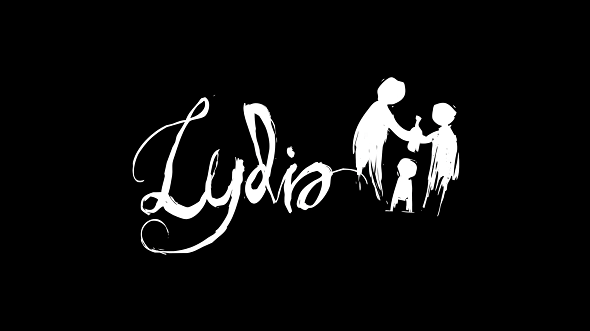
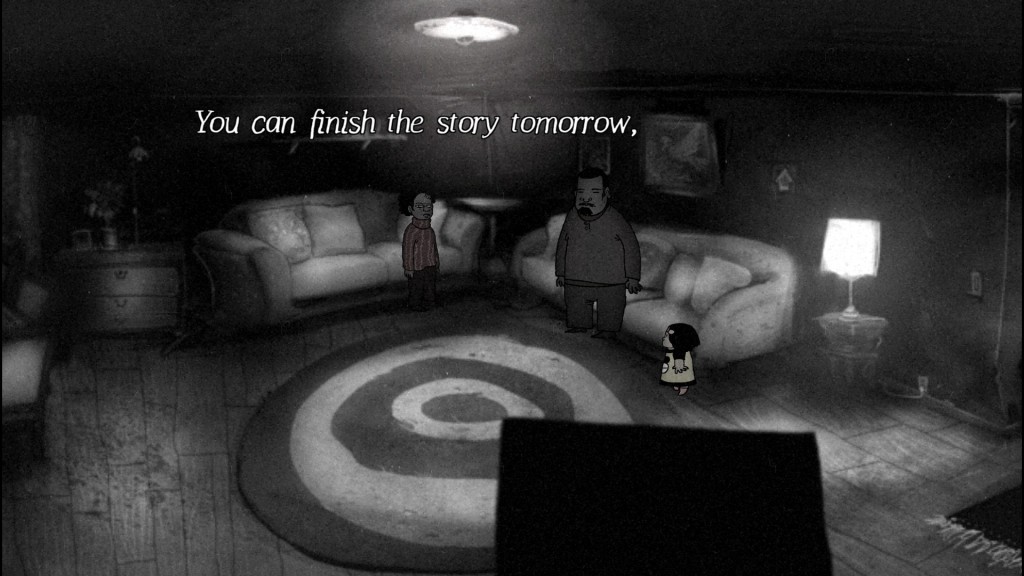
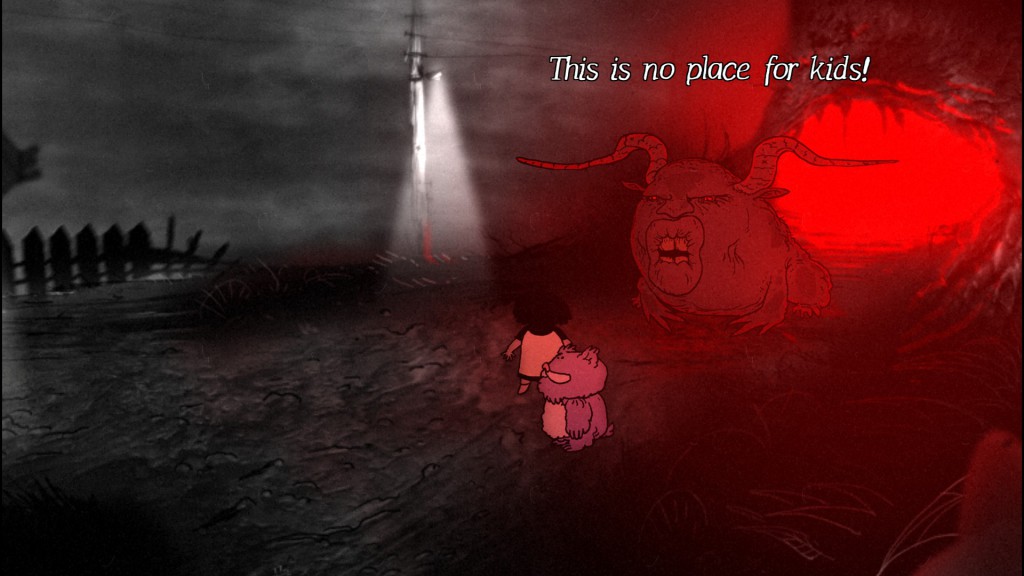
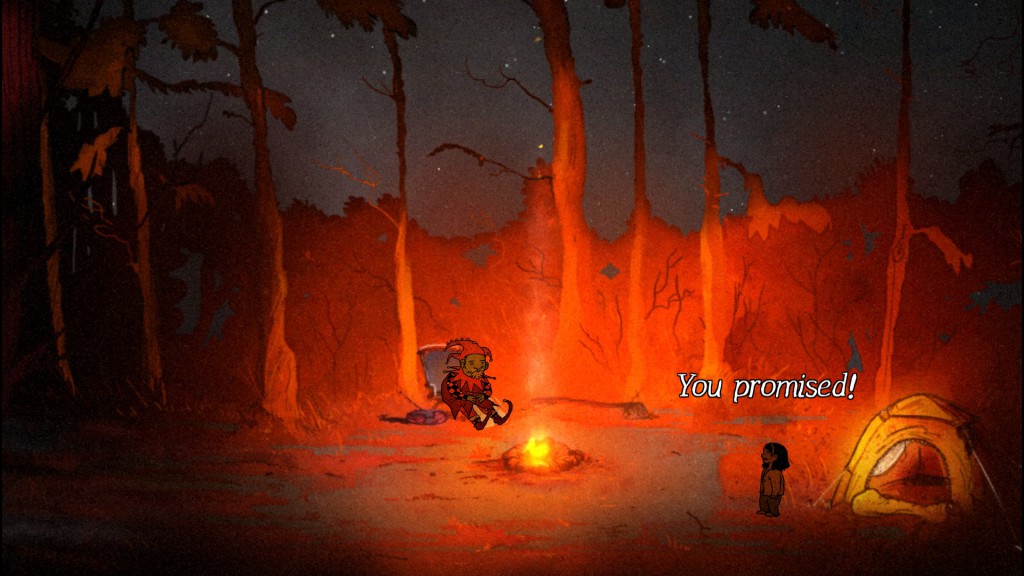
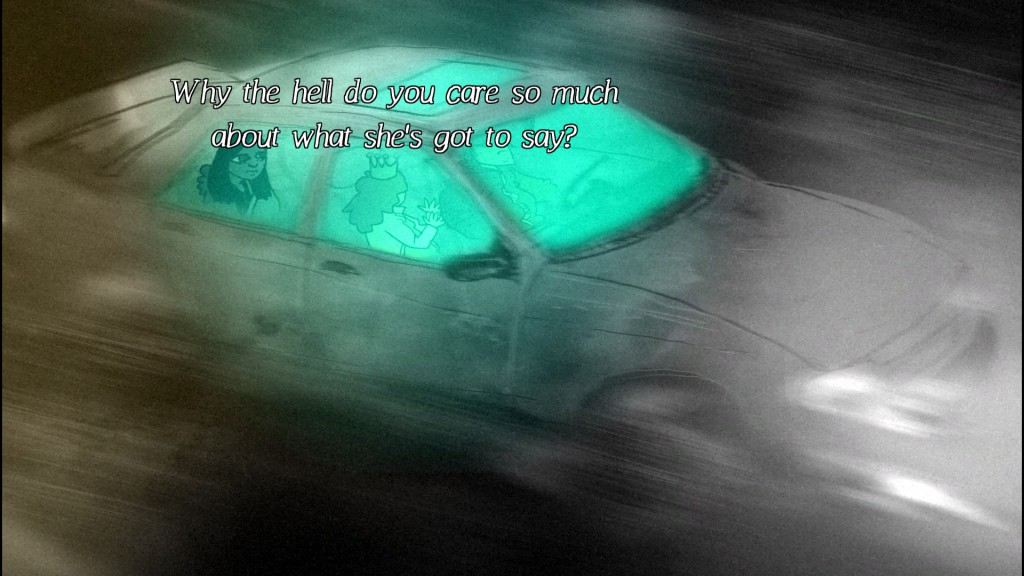
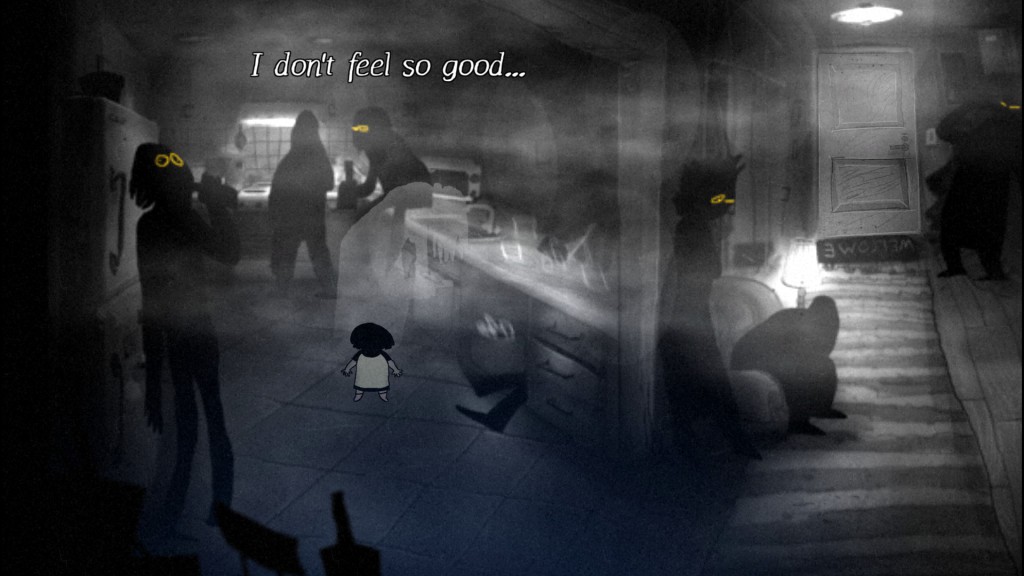




[…] all based on Platonic Partnership’s team members’ own experiences. The game has been out on PC for a while, and was later released on Switch as well. Now, this hard-hitting game can also be […]